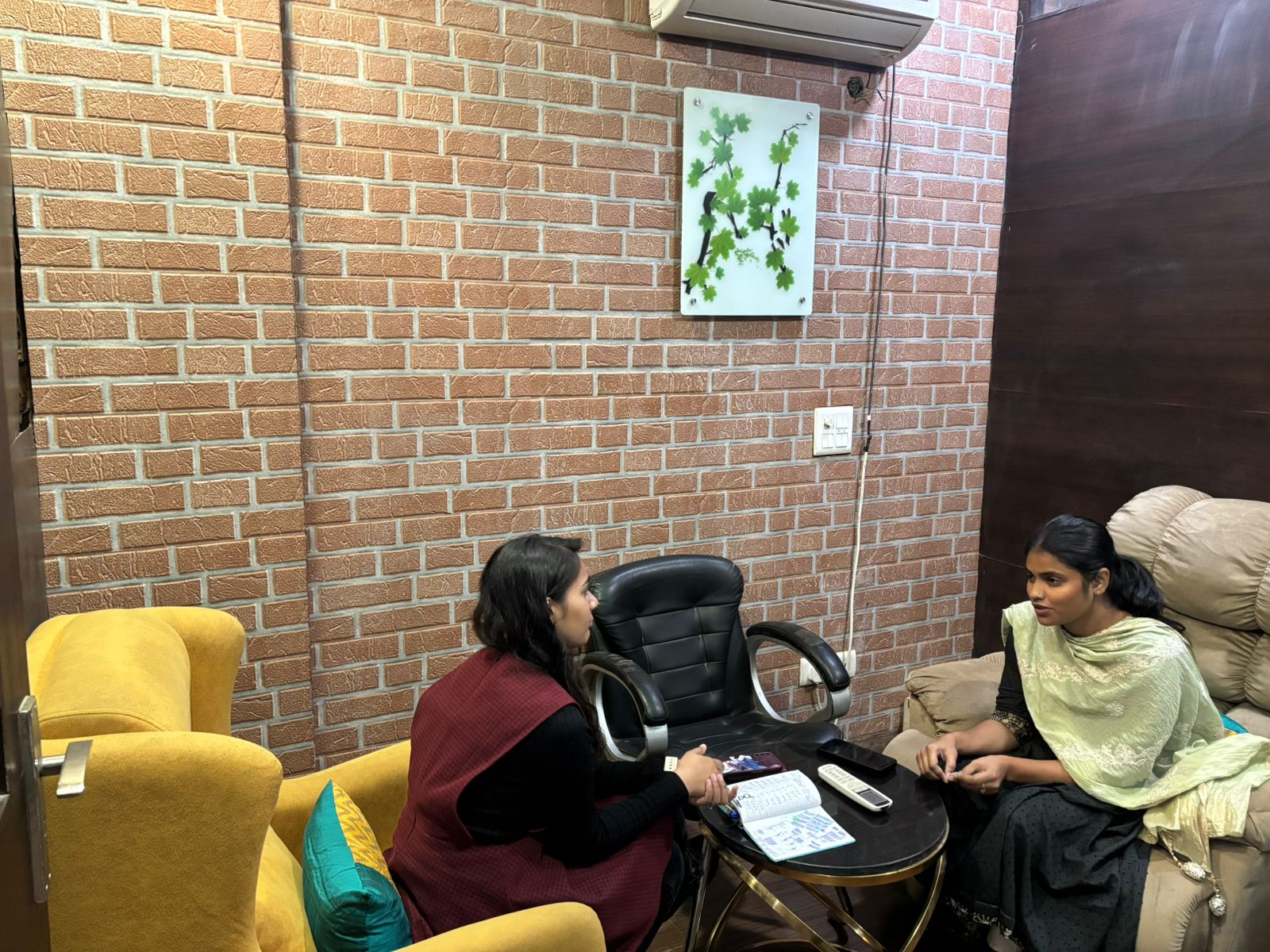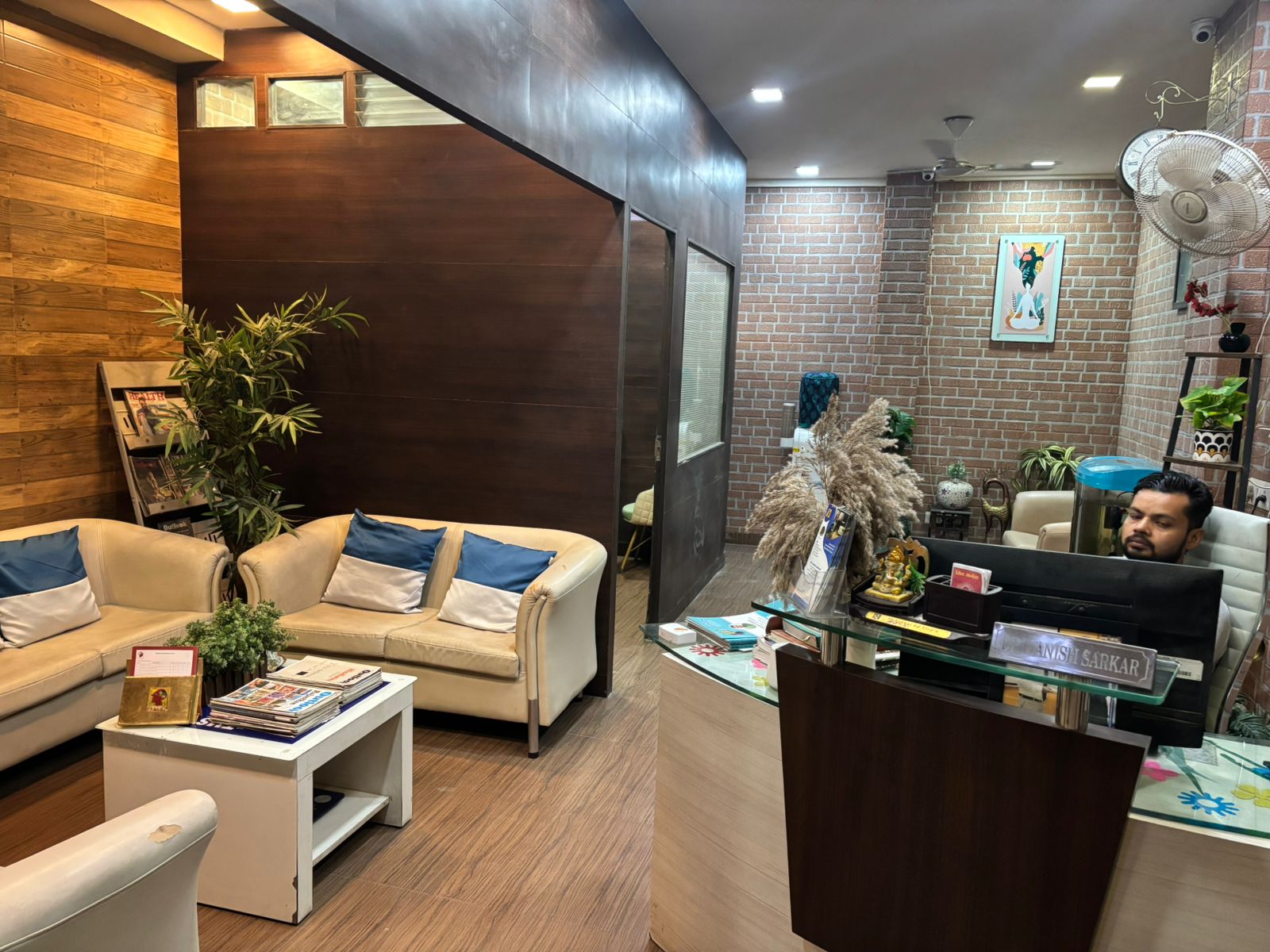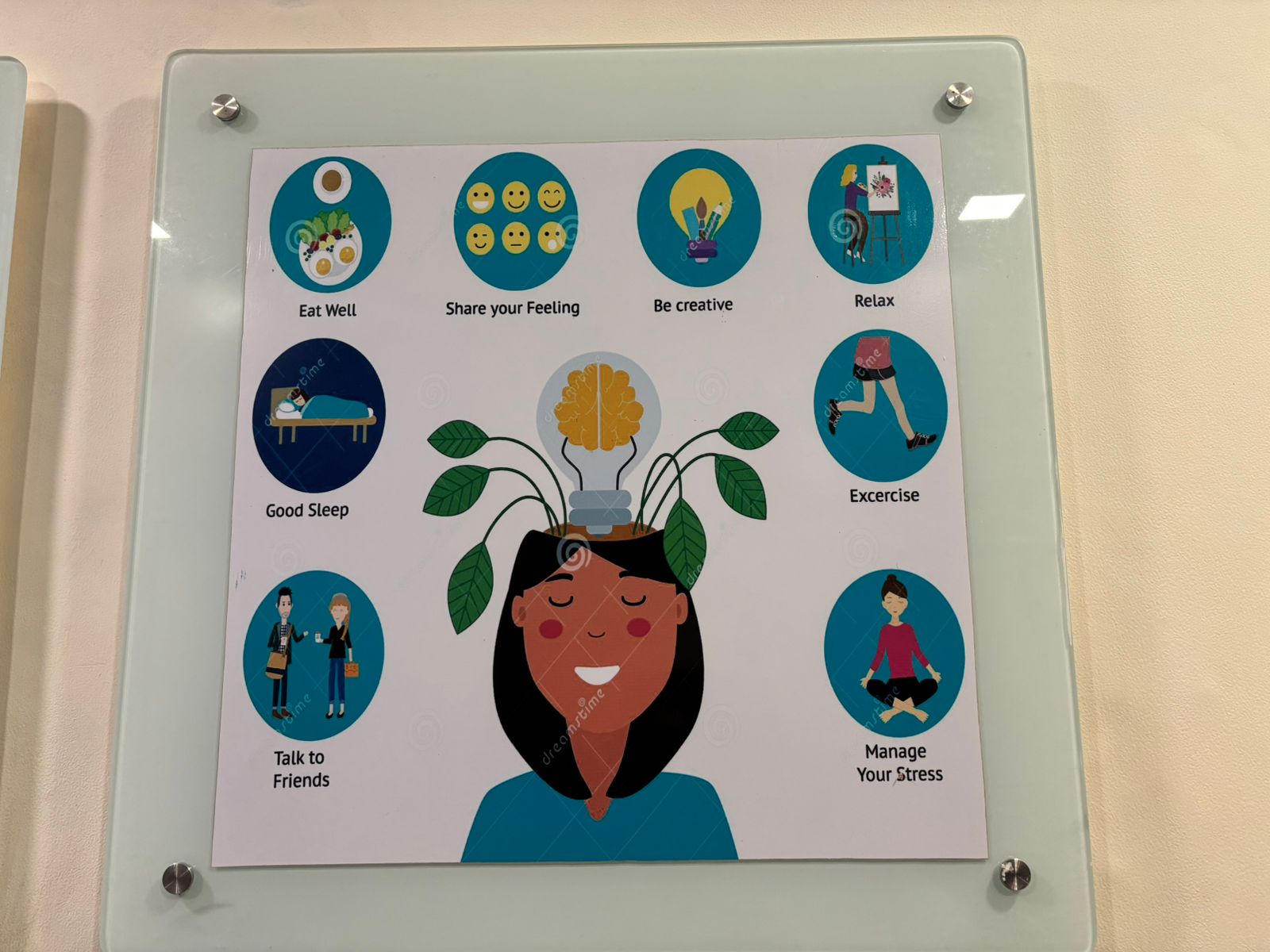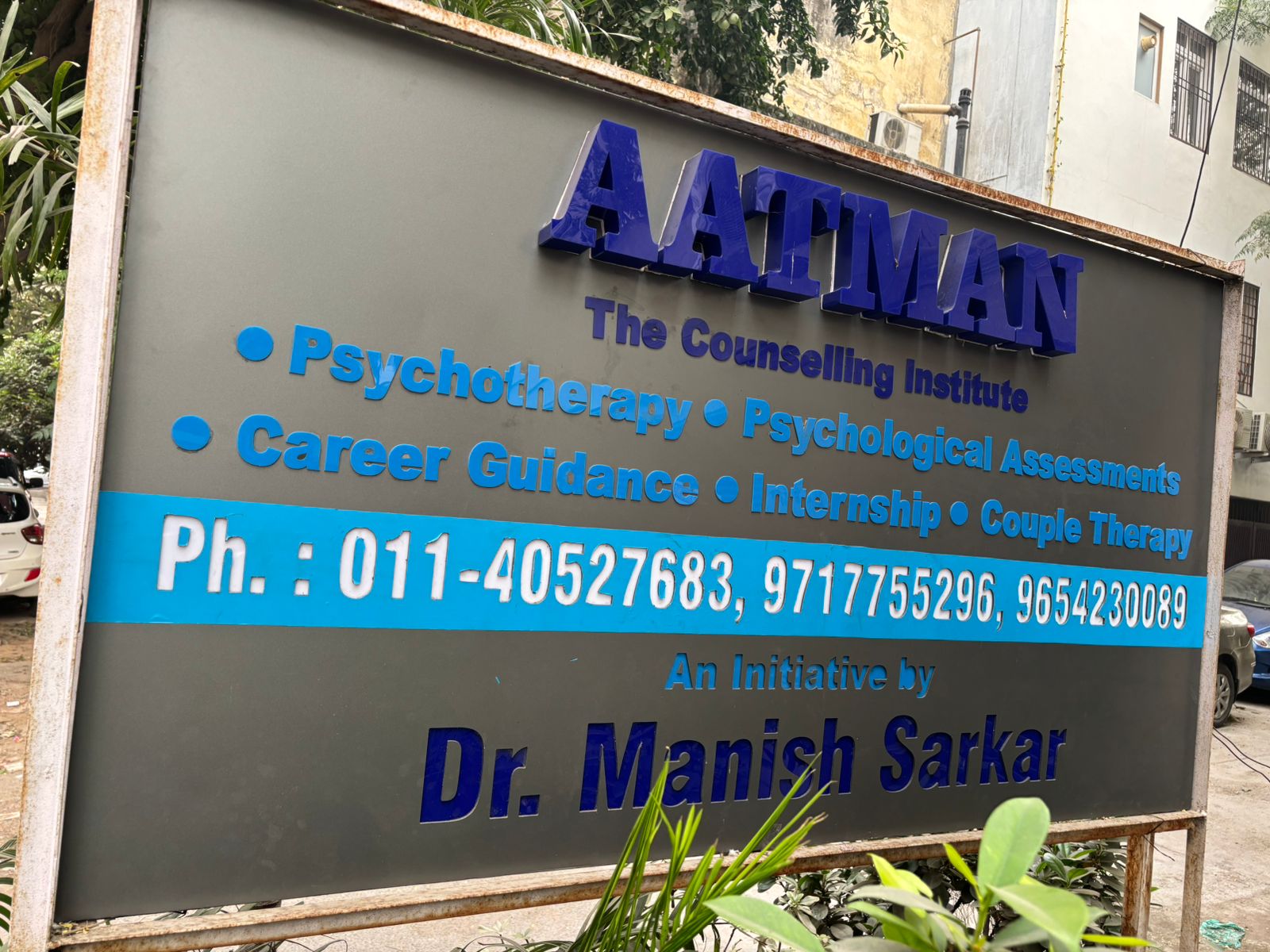Anxiety disorders are among the most common mental health conditions, affecting millions of people globally. While traditional therapies like cognitive behavioral therapy (CBT) and medication can be effective, some individuals may seek alternative options when these approaches do not yield the desired results. Repetitive Transcranial Magnetic Stimulation (rTMS) is an innovative treatment gaining recognition for its potential benefits in alleviating anxiety symptoms.
What is rTMS?
rTMS is a non-invasive procedure that uses magnetic fields to stimulate specific areas of the brain involved in mood regulation and anxiety control. During a session, a small electromagnetic coil is placed against the scalp, delivering short bursts of magnetic energy to the targeted brain regions. This stimulation can help balance brain activity and promote improved emotional regulation.
One of the significant advantages of rTMS is that it does not require anesthesia, making it a quick and convenient treatment option. Sessions typically last about 30 to 40 minutes, and most patients report minimal discomfort during the procedure.
Benefits of rTMS Treatment for Anxiety
-
Non-Invasive and Safe: rTMS is a non-invasive treatment option that poses minimal risks. Unlike more invasive procedures, it doesn’t require hospitalization or sedation, making it accessible for many individuals.
-
Minimal Side Effects: One of the appealing aspects of rTMS is its favorable safety profile. Most patients experience only mild side effects, such as headache or scalp discomfort, which typically resolve quickly.
-
Effective for Treatment-Resistant Anxiety: rTMS has shown promise for individuals who have not responded well to traditional treatments. Research indicates that many patients experience significant reductions in anxiety symptoms, even after other therapies have failed.
-
Short Treatment Duration: With sessions lasting just 30 to 40 minutes, rTMS can easily fit into busy schedules. This flexibility makes it a practical option for those seeking relief without lengthy commitments.
-
Sustained Improvement: Many individuals report lasting benefits from rTMS treatment. Studies have shown that the positive effects on anxiety can persist long after the treatment course has concluded, leading to improved overall quality of life.
Conclusion
If you or someone you know is struggling with anxiety and looking for alternative treatment options, rTMS may offer a viable solution. As with any medical treatment, it’s essential to consult a healthcare professional to discuss the best approach tailored to individual needs. With its non-invasive nature and promising results, rTMS treatment for anxiety presents a hopeful avenue for those seeking to regain control over their lives and improve their mental well-being.







.jpg)
.jpg)
.jpg)